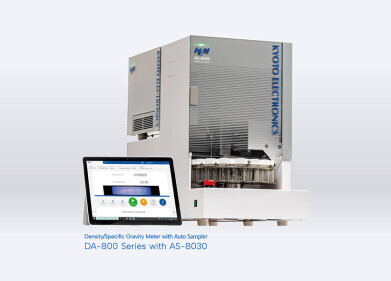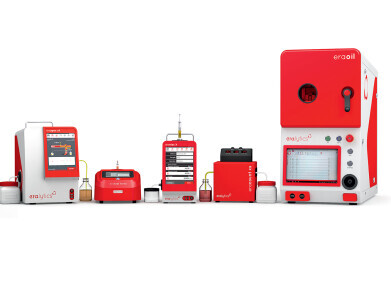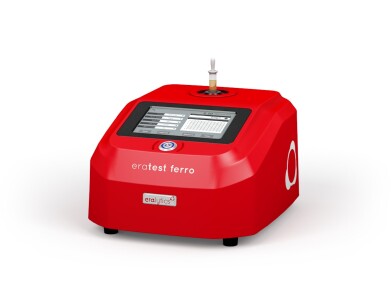Analytical Instrumentation
New Sour Gas Shift Technology for Coal Gasification
Jun 04 2014
Clariant (Switzerland), a world leader in specialty chemicals, announced today that it has signed an agreement with Siemens Fuel Gasification Technology to cooperate in the commercialisation of a new, jointly developed sour gas shift (SGS) technology for coal gasification. The agreement appoints Clariant as the exclusive catalyst supplier for all Siemens gasification integrated SGS projects. While the collaboration covers all global projects, commercialisation will focus on China – the region with the highest growth rate of coal-to-chemical projects.
Stefan Heuser, Head of the Catalysts Business Unit at Clariant, stated: “This global cooperation is a very important step in marketing our innovative catalysts for coal-to-chemical applications. With its strong commercialisation focus on China, the cooperation supports Clariant’s strategy to increase our presence in the growing markets of Asia.”
Frank Hannemann, Head of Technology of Fuel Gasification Business at Siemens, declared: “This advanced technology makes coal to chemical plants more competitive and environmentally friendly. This global cooperation enhances the broader acceptance of gasification plants in China and in growing markets around the world.”
The advanced SGS technology from Clariant and Siemens significantly decreases total capital cost for coal-to-chemical and IGCC applications through optimisation and simplification of total plant concepts. The entrained-flow Siemens Fuel Gasifier (SFG) is able to produce syngas from a wide range of fuels – even for low ranks of coal. Clariant’s new ShiftMax 821 catalyst enables a simple, once-through process without further adjustment of the exit gas from the gasifier. The simplified layout uses smaller and fewer reactors, and requires no steam adjustment for temperature control. This combination reduces capital expenditure for the shift system by up to 20%, and optimises operating costs with up to 30% lower catalyst volume.
The new technique can handle different steam-to-gas ratios and high carbon monoxide content in the gas, resulting in improved availability and reliability of the whole process. Thanks to steam-independent control of the exothermal reaction, it is an inherently safe process and there is no risk of temperature run-away reactions.
Digital Edition
PIN 25.1 Feb/March
March 2024
In This Edition Safety - The technology behind the ION Science Tiger XT - Safety with ammonia and LOHCs as hydrogen carriers Analytical Instrumentation - Discussion on new tribology te...
View all digital editions
Events
Apr 28 2024 Montreal, Quebec, Canada
Apr 30 2024 Birmingham, UK
May 03 2024 Seoul, South Korea
May 05 2024 Seville, Spain
May 06 2024 Riyadh, Saudi Arabia


















